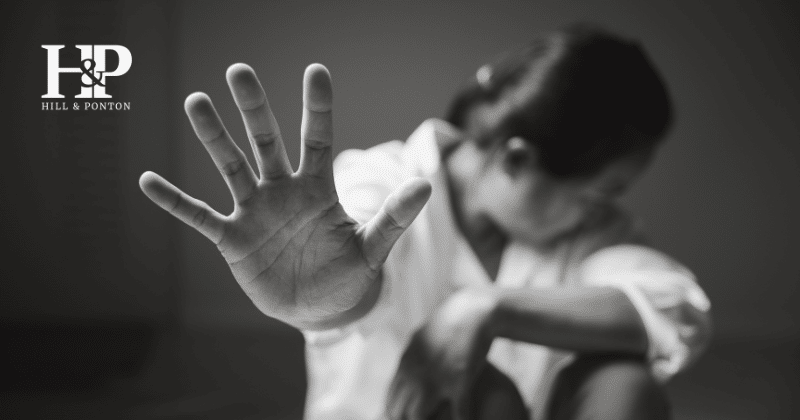Many Veterans suffer from PTSD or anxiety disorders because of experiencing sexual trauma during their service. However, they are reluctant to report it or seek benefits or services due to the fears of having to retell their story. The act of confronting their past trauma is often referred to by mental health professionals as “re-traumatization.” Re-traumatization is caused by the anxiety of having to deal with past trauma or the retelling of the incident either in therapy or on stressor statements when applying for benefits. Often times, benefits will be denied if a Veteran has not reported or sought services such as therapy or the assistance of a Sexual Assault Center, but many victims of MST resist seeking help to prevent the re-traumatization. However, the long-lasting effects of MST far outweigh the re-traumatization a victim may experience in starting the process of healing and applying for services and benefits.
Reporting the trauma, even years later, starts a victim on the road to healing. This process allows a victim to move from victimization to healing and empowerment. It allows the Veteran to start the healing process and begin to take back their life. However, ensuring a Veteran works with a therapist who specializes in sexual trauma will help reduce the re-traumatization and ease the transition from victim to survivor. Sexual trauma experts can work with victims in identifying coping skills to deal with the aftermath of the trauma. They can also assist Veterans in writing their stressor statements by being present when the Veteran is writing it, or by suggesting the Veteran write their stressor statement immediately prior to a therapy session so they can work through the emotions that writing it brings.
Reporting and attending therapy also provides evidence for a compensation claim. When a Veteran files a claim for MST related PTSD, there is usually no reported incidents in service of the MST. With that in mind, the VA will require some evidence of the event such as noted behavioral changes, reporting to an outside agency (a local sexual assault center or hotline), or attendance at private or group therapy sessions either at the VA, with a private therapist, or at a sexual assault or victim service center. Having an established therapist can also assist with the process of applying for benefits.
A Veteran must have several things to file for compensation:
- A current mental health diagnosis by a Psychologist or Psychiatrist. Victim/sexual assault centers can often make referrals for Veterans who are not currently receiving VA health benefits. Also, often times Veterans do not want to use the VA Health services due to stigma or fears, so this can be a viable alternative.
- A completed application for benefits. This is a VA Form 526 and can be found here.
- A “Nexus” Statement. This is a statement from the diagnosing provider that links the event of MST to the current diagnosis.
- Evidence to support the claim; this could consist of therapy treatment, medical treatment such as STD/HIV testing or SANE exam, service records that show a change in performance ratings, request for transfer, or to be relieved of duty, buddy statements that relate changes in behaviors, drug or alcohol problems (including prescription drug use), relationship difficulties, suicide attempts, hospitalizations, or other incidents that can be related to anxiety, depression, or traumatization.
Despite the risks of retraumatization, healing can only occur when steps are taken to start the healing process. Receiving VA benefits, including health services and compensation, can assist a victim by providing therapy services and monetary assistance to regain control of their life and become a survivor, empowering them to recover and regain their sense of self worth, sense of self, and sense of security in a world that is currently full of fear and hurt. Having the assistance of a therapist during this will help decrease the trauma and ease the process for many Veterans. Veterans can find a list of local sexual assault service provides here as well as the National Sexual Assault Hotline 800.656.HOPE (4673).



